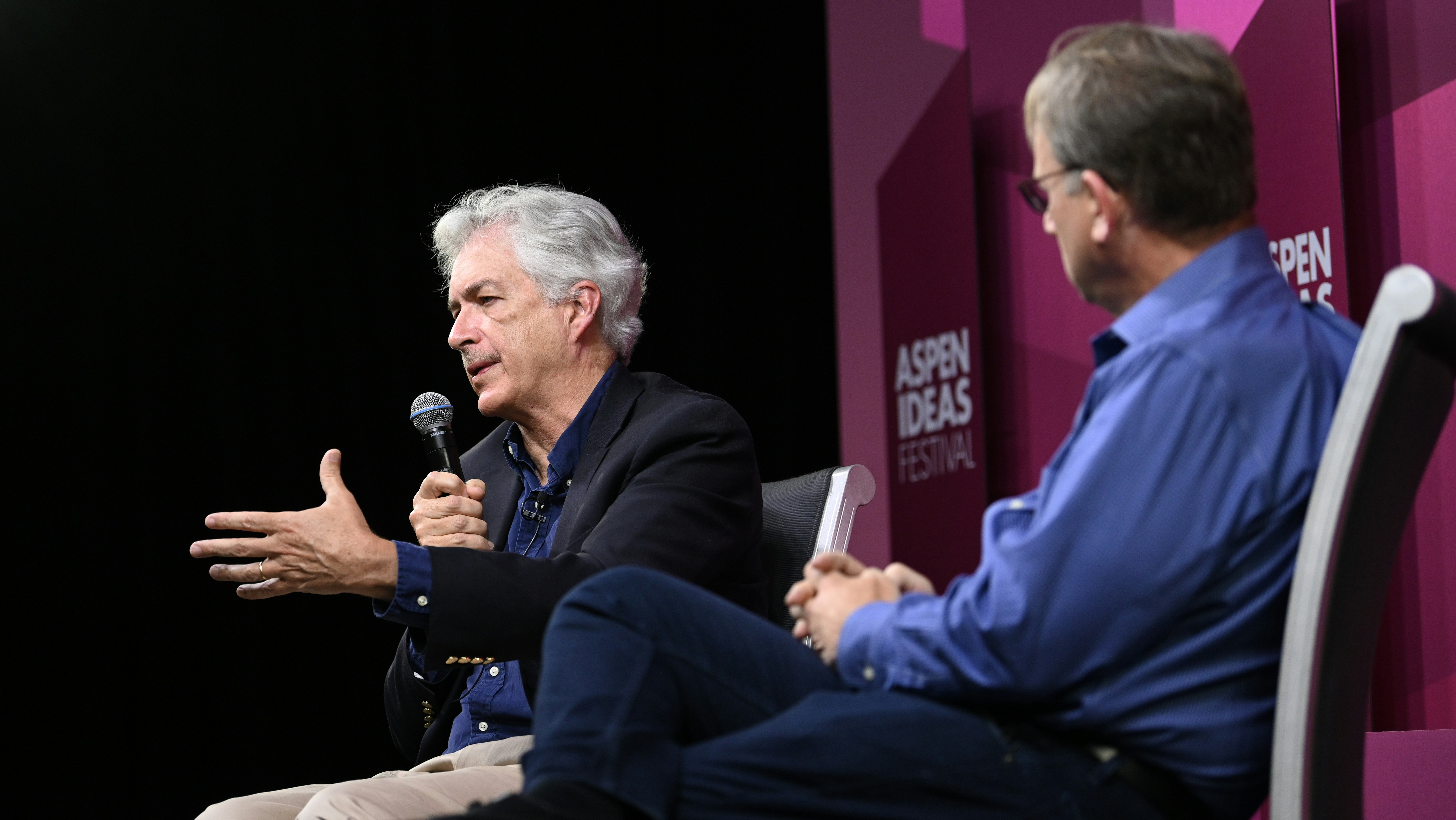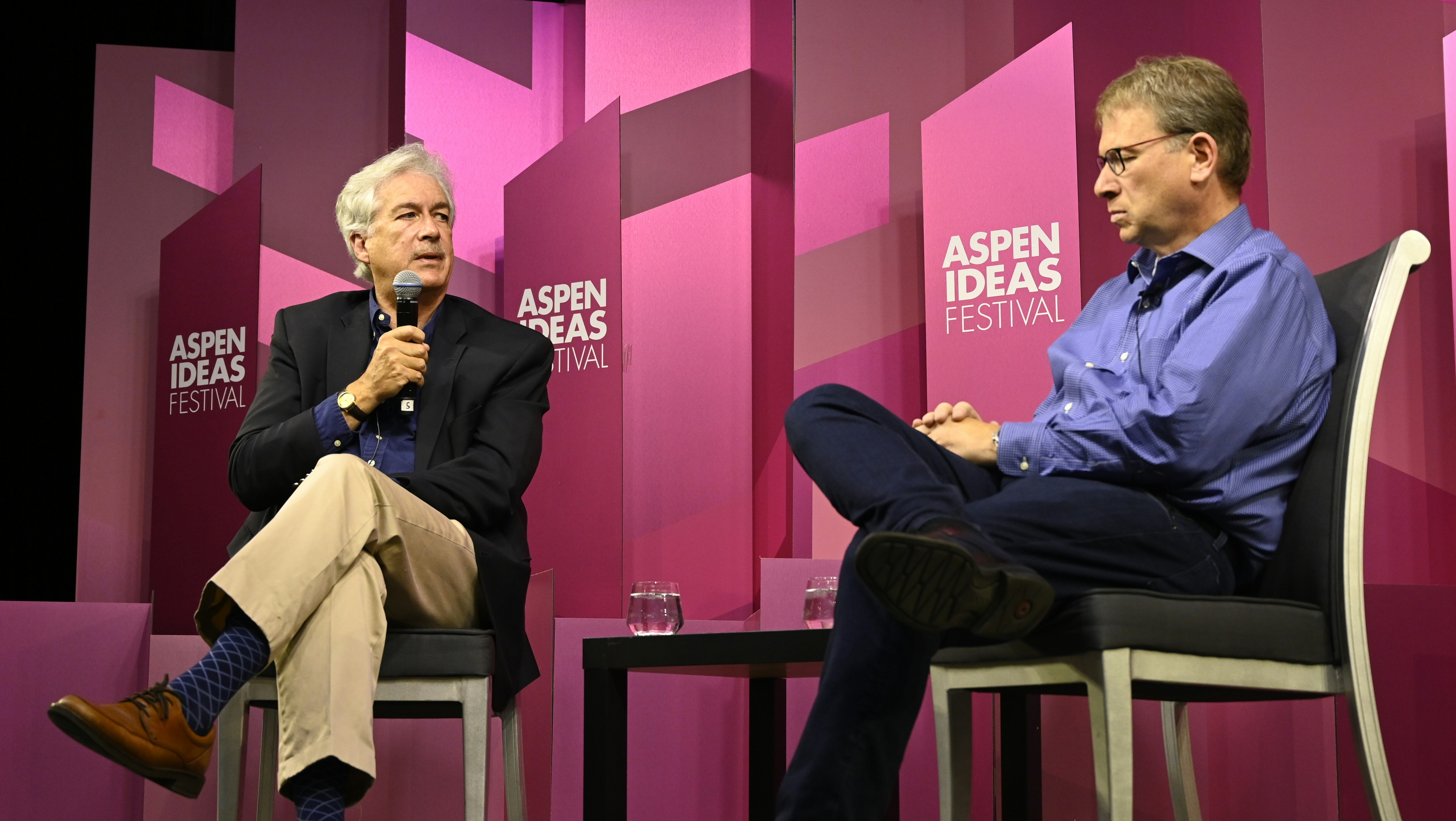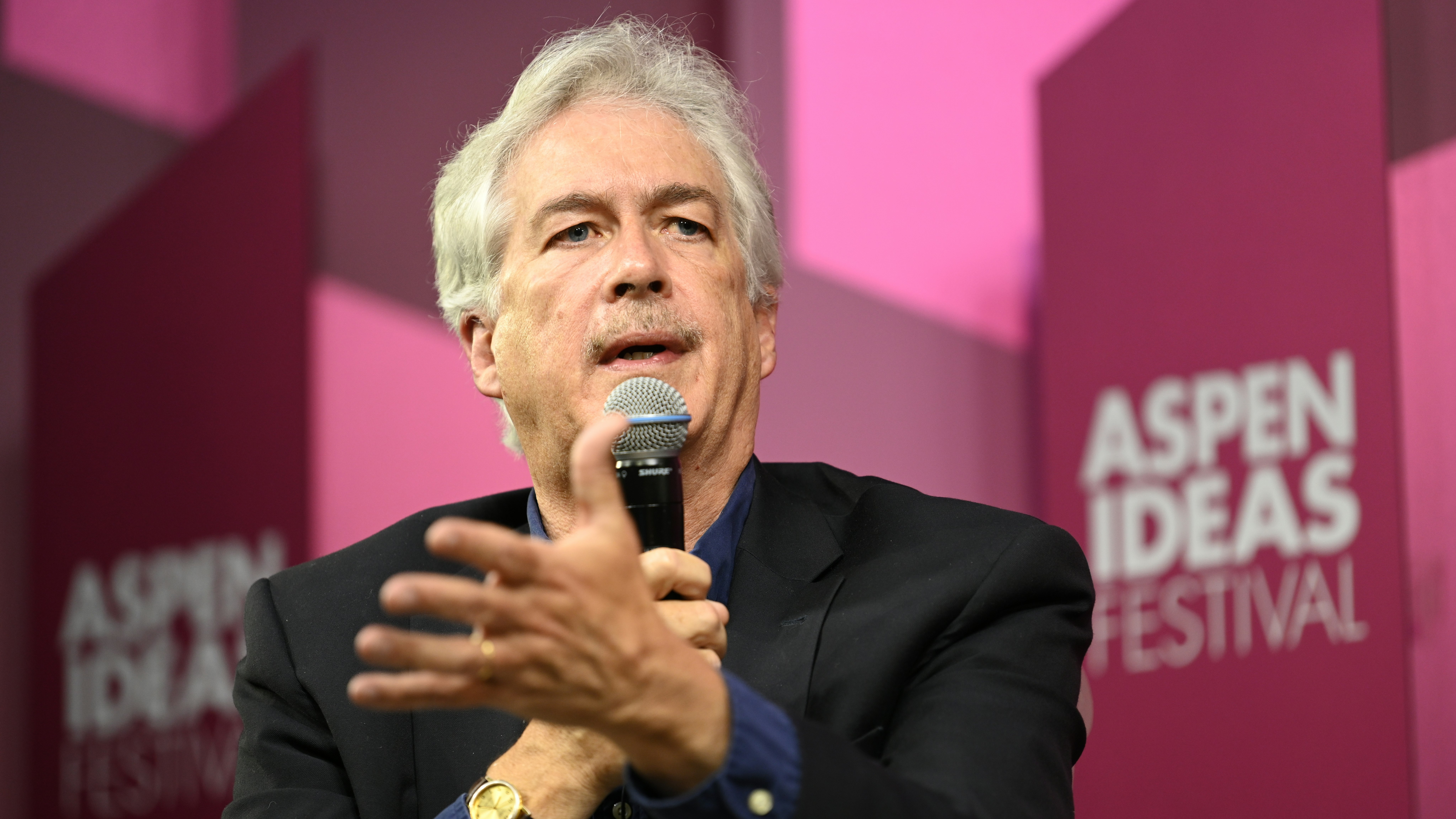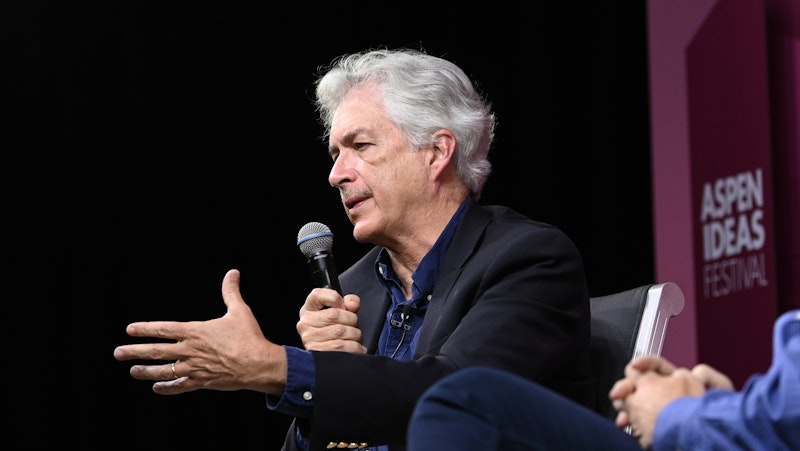
Are We Headed for War with Iran?
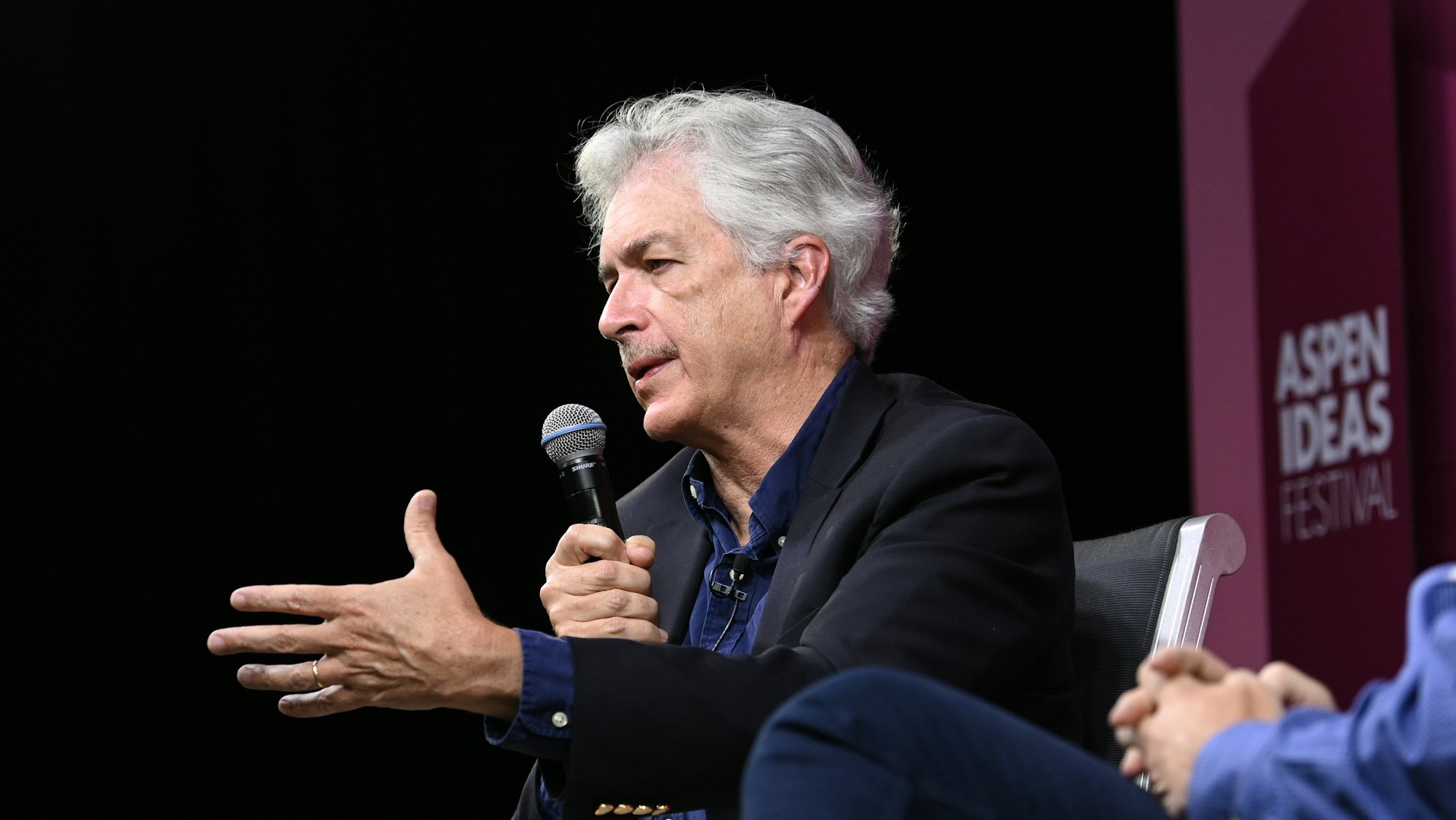
I worry that we’re drifting in the direction of collisions that can escalate very quickly.
Setup
President Trump says he does not want a major war in the Middle East. But many allies and observers worry that hardlinders in the US and Iran are on a collision course toward conflict. The US exit from the Iran deal and the “maximum pressure” campaign have escalated tensions between Washington and Tehran in recent months. Iran has called the announced deployment of US troops to the region “a very dangerous game,” and the alleged involvement of Iran in the oil tanker attacks this summer only exacerbate fears of a military clash, whether by design, by miscalculation, or by accident. The Atlantic’s Jeffrey Goldberg is joined by William Burns, a career diplomat who served five US presidents and led the secret bi-lateral negotiations, that resulted in the Iran Deal.
- 2019 Festival
- World
- Full transcript
It’s not easy, but diplomacy with Iran can see results
Former career diplomat and deputy Secretary of State William Burns claims that although Iran isn’t the easiest negotiating partner, the Iranian regime is receptive to diplomatic overtures. How does he know? He was the lead US negotiator for the 2015 Iran nuclear deal. He describes the fitful, but ultimately successful, diplomatic process leading up to the controversial deal with Iran.
Was the Iran nuclear deal a mistake?
A key factor in understanding the current tensions between Iran and the US stems from President Trump’s decision to not uphold the US’ end of the 2015 Iran nuclear deal. The deal, which incentivized Iran to curtail its nuclear weapons program, was condemned by some as myopic and naive. But are those criticisms warranted? Jeffrey Goldberg, editor in chief of the Atlantic, asks William Burns, one of the chief architects of the deal.
This exchange has been lightly edited for clarity
-

Jeffrey Goldberg: The primary criticisms [of the Iran nuclear deal] in, let's say more hawkish circles, are that the deal is too time constrained. It's unrelated and it does not deal with any of Iran's other malevolent actions in the Middle East. Trump says that these are the reasons that he wanted to get out of the deal. Put Trump aside for a minute. Do you think that the deal was tough enough?
-
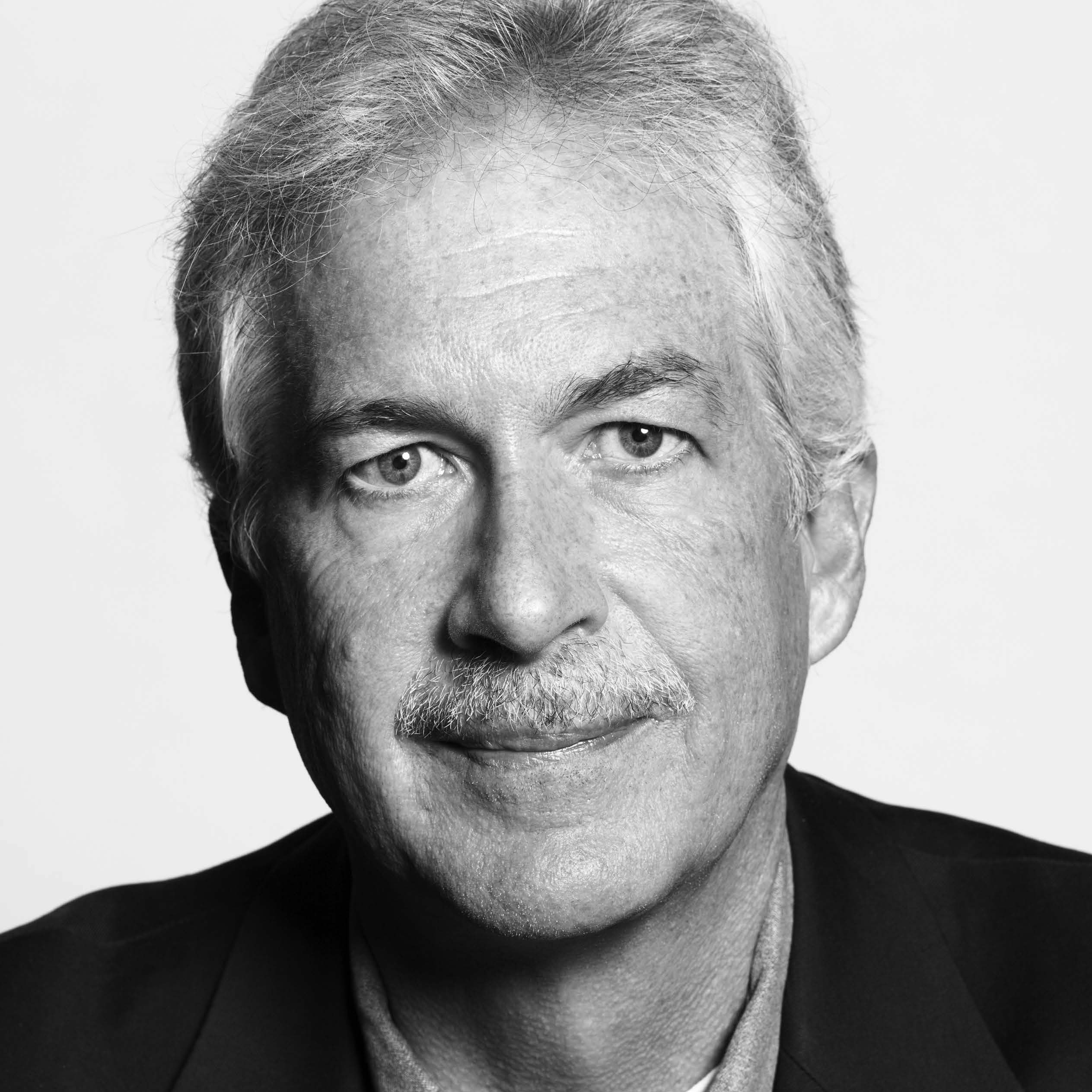
William Burns: I think it was the best of the alternatives we could produce at that time. If we could have done a more comprehensive deal that included all of Iran’s threatening behavior in the Middle East, we would have done that. But we weren't going to get our closest European allies, as well as the Russians and Chinese, to agree to really strong international sanctions if the aims were that wide, at least right at the outset. Like any arms control process I've been involved in over the years with the Soviets and with the Russians, these aren't one-off agreements. You build on them over time. And so our expectation always was with this nuclear agreement with Iran that we were then going to have to build on it to try to extend the timelines in terms of some of the constraints on Iranian capacities to push back in other areas in the Middle East. We were just in a better position to do that. When we had united most of the international community around that set of goals, we were in a better position to deal with all of those other threatening Iranian actions.
Madman diplomacy under Trump is damaging and dangerous.
Madman diplomacy — acting irrationally and volatile towards a foreign adversary to theoretically dissuade opponents from eliciting unintended consequences — only works if it’s part of a larger strategy, says William Burns, and President Trump’s unpredictability towards Iran is both the means and the end.
Burns sees Trump’s erratic behavior towards Iran (and other world powers) as immediately dangerous. He worries that a US that can’t be trusted on the world stage will erode its foreign influence in the long term.
What does Iran want?
Iran is sometimes portrayed as an irrational actor with a bad temper, but this facile view of the Iranian regime distorts meaningful discussion (and diplomacy). William Burns says that the Iranian government, above all else, seeks the survival of the current regime. Additionally, Burns says Iran wants what most other countries want: to be a principal actor in their geographic region.
How It Works
Burns also contends that, while we shouldn’t underestimate the Iranian regime, its internal desires may have set itself up for disaster. With 70 percent of the population under 30 and an anemic economy, Iran may face challenges from its own citizens as it pursues potentially unpopular strategies abroad.
A conflict between the US and Iran is alarmingly possible
Jeffrey Goldberg wants to know if there’s any predictions William Burns can make about where our relationship with Iran is headed, and Burns says that he’s pessimistic.
Learn More
Additional Information
Explore More
World

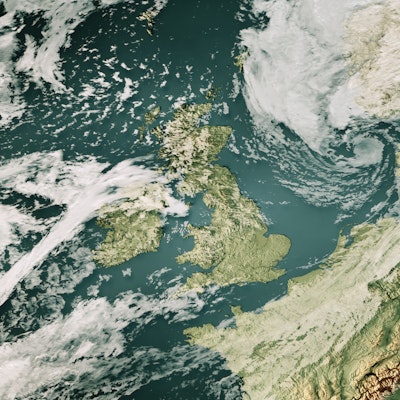
Scholars are still uncovering information about Britain’s involvement in the transatlantic slave trade and its era of slavery, piecing together how the wealth generated from t...

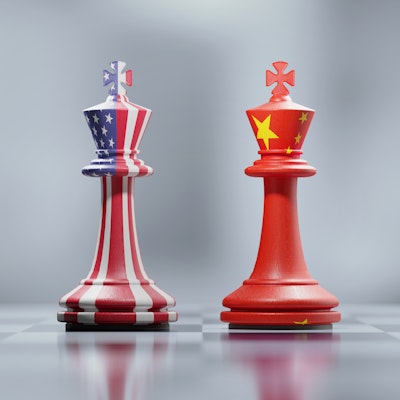
Relations between the United States and China have become increasingly tense over the past few years. Trade wars have escalated, and U.S. national security experts are bracing...
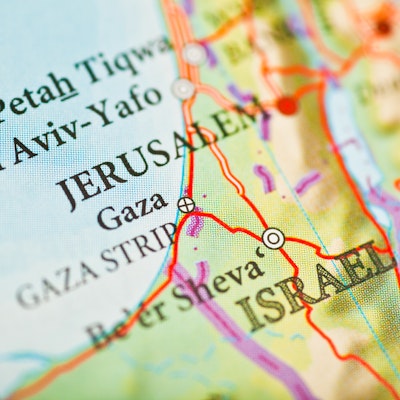
Three people whose lives have been irrevocably changed by the Israel-Palestine conflict share their stories of profound loss, grief and forgiveness.
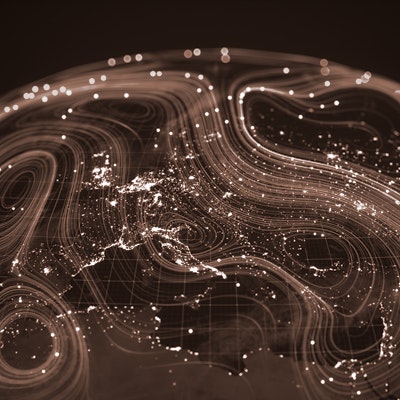

Sizable electorates around the world are flocking to populist candidates who promise power, domination and a return to better times. The global experiment in liberalism seems...

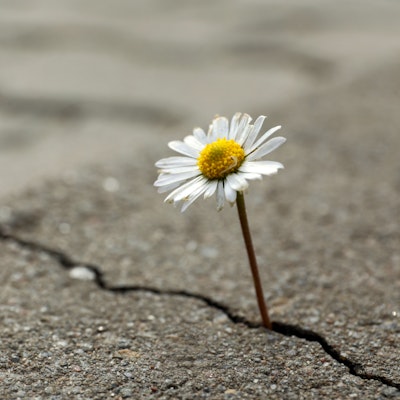
Conflict and suffering can bring out the worst in people, but it can also bring out the best. This is one of the lessons New York Times columnist Nicholas Kristof has learned...

The war in Ukraine continues to reshape European security and global alliances, while the war in Gaza raises urgent questions about humanitarian aid and international interven...

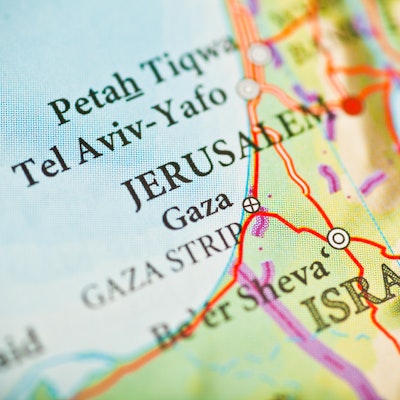
The grim stream of news from the Middle East has been making it more and more difficult to hold onto hope for peace. When and how will the conflict in Gaza end? And could war...
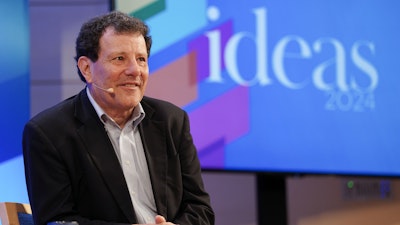
As one of the foremost reporters of his generation, Nicholas Kristof has been witness to century-defining events and atrocities around the world. How has he managed to weaponi...


Africa is a rising giant. By 2050, one in four people on the planet will be African, and by 2060, Africa will have the largest labor force in the world. A former Nigerian pres...
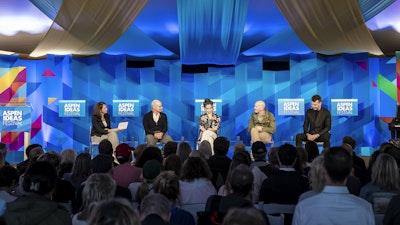
With the war in Ukraine in its third year, Putin shows no sign of tempering his military ambitions. Though global pressure on Russian investment has so far failed to crush the...

Of the 1.2 billion youth aged 15 to 24 worldwide in 2019, close to half were out of school, out of work or underemployed, and this number will continue to grow. Listen as glob...

Right-wing populism is surging worldwide, in places as diverse as India, the Netherlands, Argentina, France and the United States. What are the cultural and social forces driv...
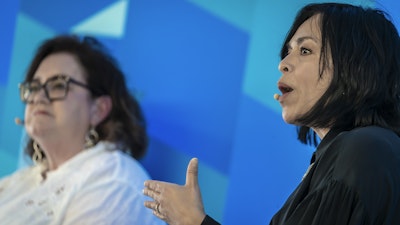
Hear from Mexican investigative journalist Anabel Hernández, who risks her life to investigate drug cartels and the people in power who protect them, and former assistant U.S....

The October 7 attack by Hamas and the devastating nine-month war in Gaza have shattered hopes for resolving the Israeli-Palestinian conflict and reduced the likelihood of expa...

The October 7 attack by Hamas and the devastating nine-month war in Gaza have shattered hopes for resolving the Israeli-Palestinian conflict and reduced the likelihood of expa...

As repressive regimes clamp down on the press, they are now targeting media owners. China shut Hong Kong’s Apple Daily and locked up owner Jimmy Lai. Guatemala’s El Periódico...

With antisemitism resurgent, Simon Schama, acclaimed author of “The Story of the Jews,” speaks about the magnitude of the problem, examining “the oldest hatred” from the time...

Across the chasm of anger that is the Israeli-Palestinian conflict, some families who have lost loved ones have found common cause in their grief. Hear from those who eschew r...

Revolutions in technology, politics and economics bring progress — but they also invite backlash. Fareed Zakaria discusses the rise of the modern republic through the Industri...









